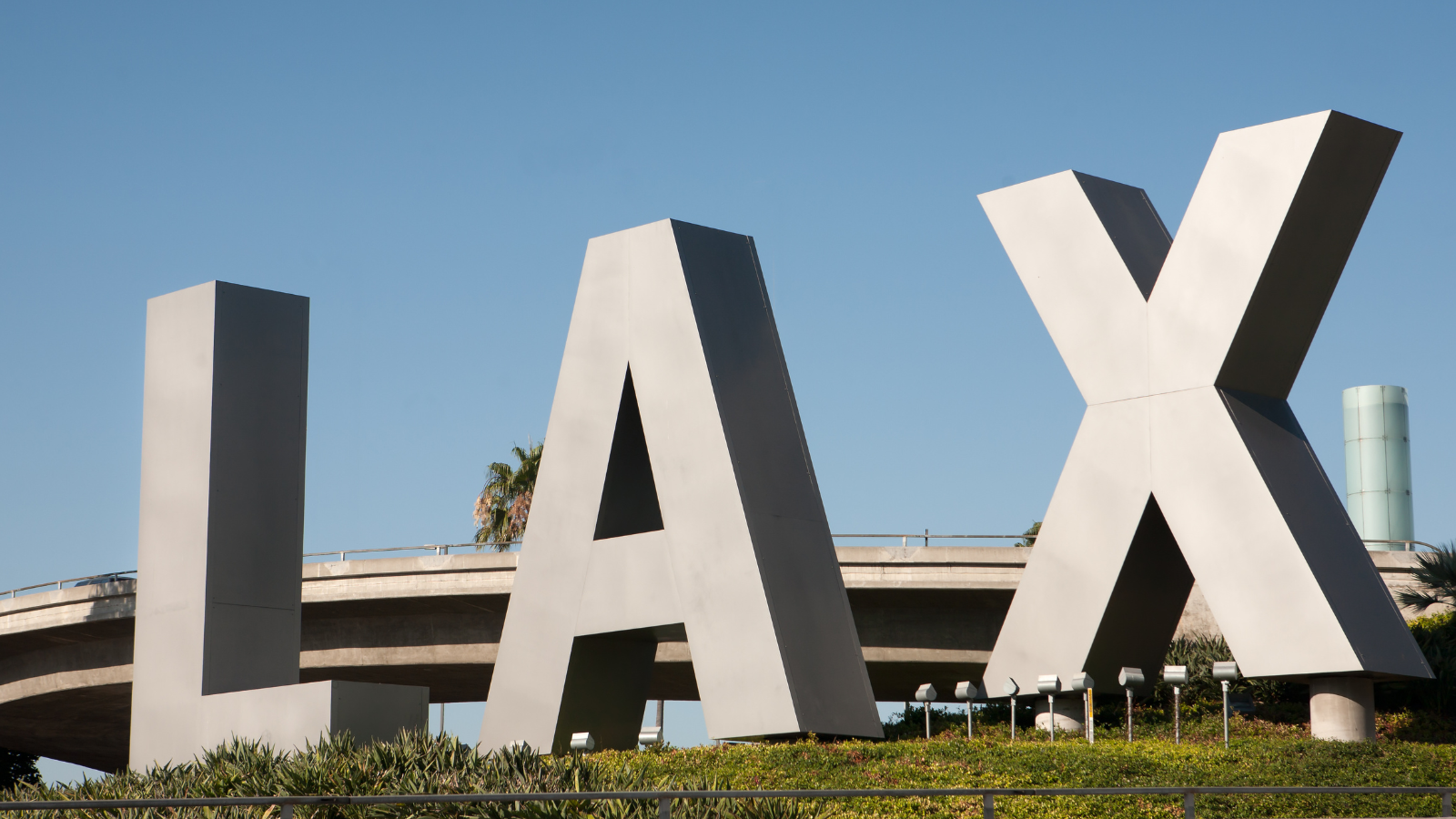Maersk Expands End-to-End Supply Chain Services
Maersk is expanding its services to cover the entire supply chain, including air cargo operations. Despite challenges in the shipping industry due to decreased demand, Maersk is pushing forward with its air freight ambitions.
It started offering air freight services in April 2022 and expanded with two weekly flights between the U.S. and South Korea. In July 2023, Maersk opened a large air cargo gateway in Georgia and later in October, it opened a freight hub near Los Angeles International Airport, significantly increasing its capacity on the West Coast. This move allows Maersk to provide better integration options and handle volume spikes more effectively. Competitors like MSC Air Cargo are also strengthening their end-to-end supply chain services, as seen in November 2023 when MSC Air Cargo introduced a new aircraft and route between Hong Kong and Texas.
Read more about this at Supply Chain Dive >
WHY IS THIS IMPORTANT?
When U.S. logistics needs to ship goods, there are now more options to choose from. Whether we're all about speed, keeping costs down, or whatever else, there's a mode of transportation that fits the bill.
Plus, we can get creative with our routes and pick the best way to move our goods based on how urgent it is, if our stuff goes bad quickly, or if demand's going nuts. It's like having a bunch of tools in our toolbox.
🔥 OUR HOT TAKE?
Maersk's expansion into air cargo operations can raise concerns about monopolizing the supply chain. By extending its services to cover the entire supply chain, Maersk could potentially wield significant control over shipping routes, pricing, and overall logistics operations. Maybe that’s the whole goal?
This consolidation of power could stifle competition and limit options for consumers and other businesses in the industry. Don’t turn around competitors; Maersk is right on your tail.
Supply chain issues in the global aviation sector are starting to improve, but it may still take a couple of years to fully resolve them, according to industry experts at the Singapore Airshow.
The rise of fast-fashion e-commerce giants like Shein and Temu is shaking up the global air cargo sector, according to industry insiders.
Efficiency in e-commerce shipping is crucial, and Delta Cargo and SmartKargo have joined forces to tackle common pain points for small parcel shippers.
Maersk is expanding its services to cover the entire supply chain, including air cargo operations.
FedEx is anticipating a significant loss of business with the U.S. Postal Service when its current contract expires.
As air cargo demand stabilizes and capacity increases, shippers are now in a better position to negotiate air freight rates, with a focus on securing low-rate levels for longer periods.
The U.S. Postal Service has drastically decreased its air cargo shipments by 90% over a two-year period, leading to an estimated $1 billion in annual transportation cost savings, according to U.S. Postmaster General Louis DeJoy.
As winter approaches, shippers are expected to have the advantage in air freight rate negotiations due to declining demand and spot rates in the air cargo industry.
Los Angeles International Airport (LAX) has chosen a consortium led by Realterm, the largest manager of on-airport air cargo real estate in North America, to undertake a revolutionary cargo improvement project.
Airlines' cargo revenue is experiencing a significant slump, with Delta, United, and American reporting year-over-year declines of about 40% in their second-quarter cargo revenue.
During the Paris Air Show, Boeing and Airbus have been focusing on customer orders for new passenger aircraft, with limited activity in the freighter sector.
Quality standards organization Cargo iQ has partnered with the International Federation of Freight Forwarders Associations (FIATA) and the Airport Services Association (ASA) to collaborate on enhancing standard practices in the air cargo supply chain.
Steamship lines are diversifying their services and seeking a larger share of the global logistics market by entering the rapidly growing air cargo market, according to the International Air Transport Association.
Carriers have announced plans to modernize their operations by eliminating paper trails.
Globalization is a complex and multifaceted process that involves the integration of economies, cultures, and societies across national boundaries.
In a November 17th earnings call, Gap CFO Katrina O’Connell credited lower air freight rates to the company’s improved operating margins during Q3.
Two new weekly flights have been scheduled between Greenville-Spartanburg Airport (GSP) in South Carolina and Incheon Airport (ICN), increasing the air market accessibility between Asia and the Southeast region of the United States.
Globally, flights were grounded for years due to Covid-19 restraints. Now that the flight paths have opened up wide, flight capacity is growing and air cargo spot rates are shrinking…
The Federal Aviation Administration is opening its wallet and sending out $31 million in federal grants for nine different air cargo infrastructure projects at airports across the United States.
The federal government is stepping in to help mediate labor talks between FedEx Express and Air Line Pilots Association, International (ALPA).
According to data from Clive Data Services, constant issues plaguing world trade have caused air freight rates to droop from their recent historic highs.
Labor shortages have concerned the air freighters as they struggle to manage the workload, even as capacity has dropped.























Peter Penseel, a veteran in air logistics, has stepped down as deputy CEO of CMA CGM Air Cargo, leaving the airline without an experienced air freight specialist.